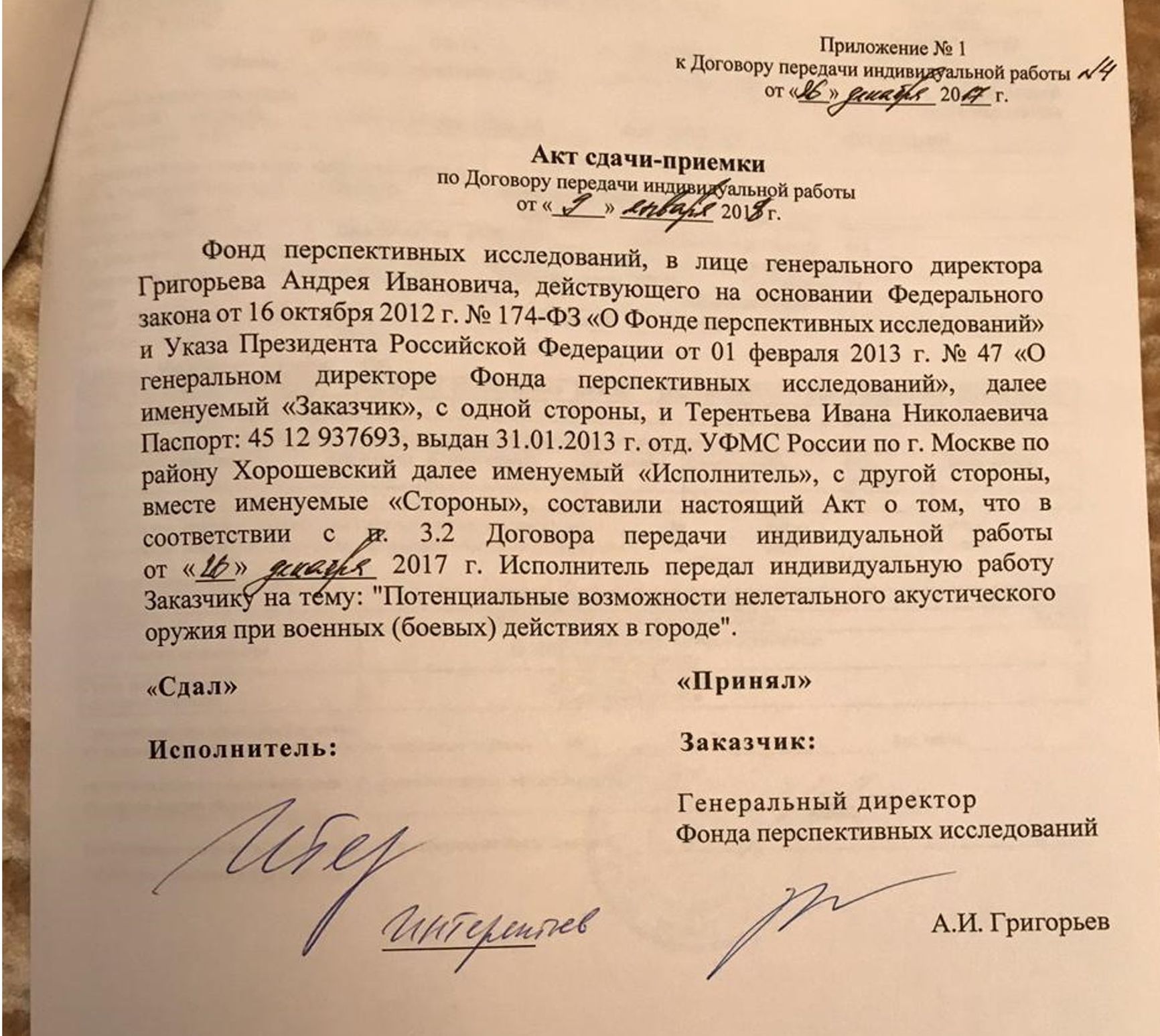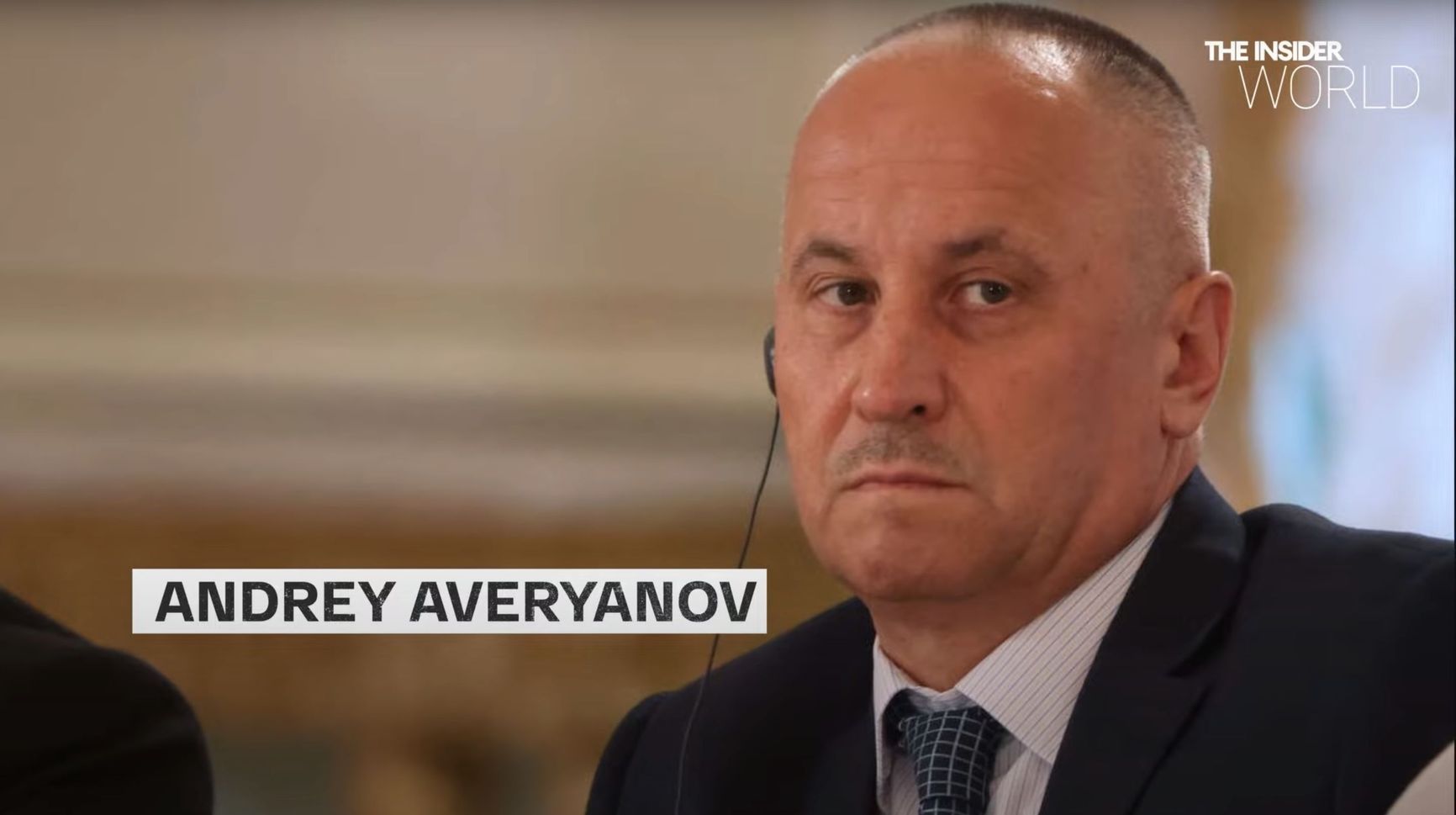
Havana Syndrome, a mysterious health condition that has affected U.S. diplomats and government officials, is being linked to Russia's GRU Unit 29155 in new evidence revealed by an investigation conducted by CBS News, The Insider and Der Spiegel.
The ongoing five-year investigation uncovered new evidence pointing towards Russia as the possible cause of Havana Syndrome. White House staff, CIA officers, FBI agents, military officers and their families are among those who believe they were wounded by a secret weapon firing a high-energy beam of microwaves or ultrasound.
The bar for proof was set so high because the country doesn't want to face some very hard truths like the existence of possible failures to protect Americans. However, new evidence has emerged that suggests Russia may be responsible for these mysterious brain injuries.
Evidence from two years earlier in Frankfurt, Germany also points towards a Russian connection. Symptoms of Havana syndrome can include extreme headaches, dizziness, nausea and ear pain.
The investigation was led by Greg Edgreen, a now-retired Army lieutenant colonel who ran the Defense Intelligence Agency investigation into what officials refer to as Havana Syndrome from 2021 to 2023. He believes U.S. officials are being attacked by Russia and that the official threshold to prove it was set impossibly high.
The findings of this joint media investigation mark the first evidence linking a foreign adversary, specifically Russia's GRU Unit 29155, to Havana Syndrome.








